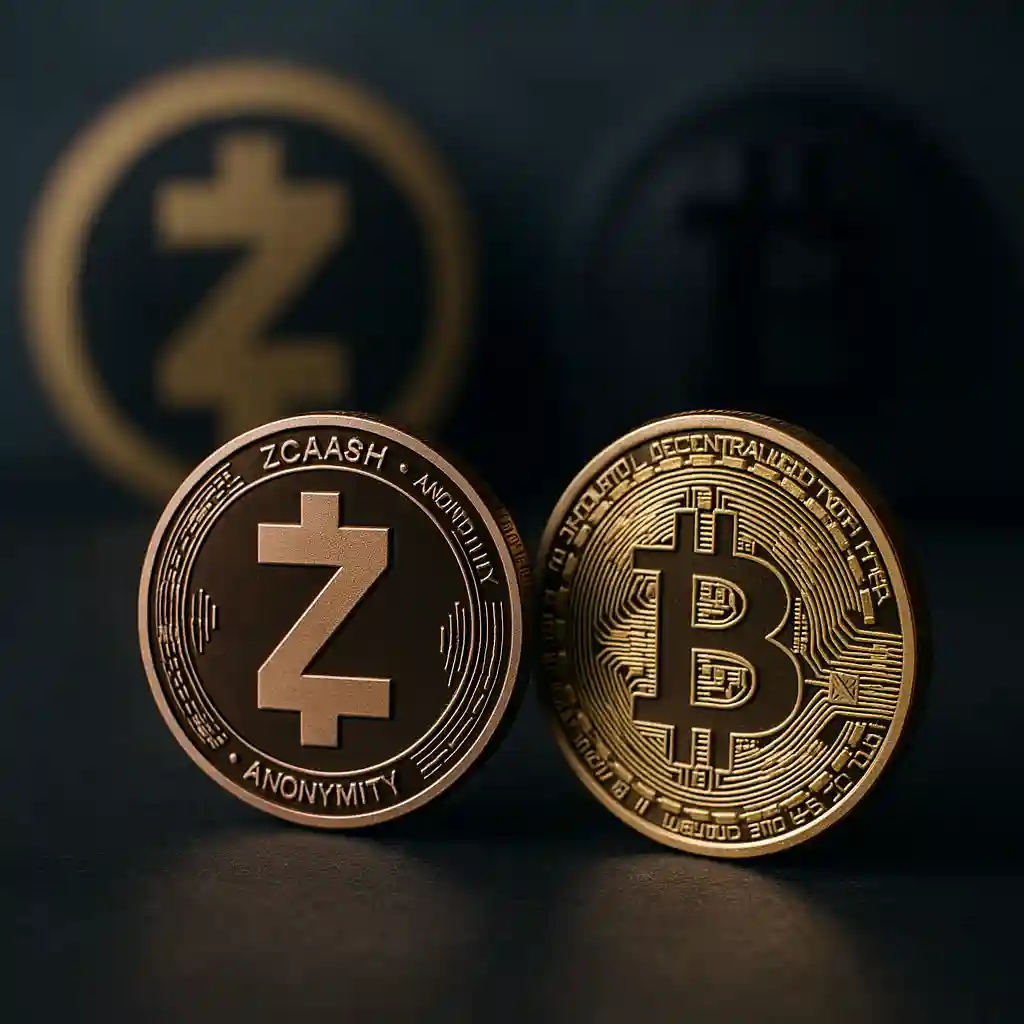Zcash’s Comeback Ignites Fresh Controversy Over Bitcoin Privacy Advancements
 14 Nov 25
14 Nov 25
Zcash Revival Sparks Industry-wide Discussion on Crypto Privacy
Recent developments within the Zcash ecosystem have prompted renewed conversations about privacy in cryptocurrency, particularly regarding the potential for similar enhancements within Bitcoin. The resurgence of interest in Zcash, known for its privacy-focused features, is reshaping the narrative on transaction confidentiality and regulatory considerations across the crypto landscape.
The Return of Zcash: A Second Act for Privacy Coins?
Zcash, one of the pioneering privacy-centric cryptocurrencies leveraging zero-knowledge proofs, has experienced increased momentum following a network upgrade and high-profile endorsements from key industry figures. This surge has brought the privacy coin back into the limelight, rekindling debates about the place of anonymous transactions in mainstream digital assets.
Prominent voices such as Electric Coin Company CEO Josh Swihart and Bitcoin educator Anita Posch have highlighted the growing relevance of privacy coins amid global uncertainties. They argue that privacy remains essential for digital assets to retain their core values of financial autonomy and user protection.
Debate Over Privacy Options for Bitcoin
While Bitcoin boasts an unparalleled track record for security and decentralization, its transaction history is fully transparent. This characteristic, although beneficial for auditability, has invited privacy-related scrutiny. Advocates for Bitcoin privacy argue that without built-in confidentiality, users remain exposed to surveillance and financial censorship.
OpCat and the Push for Bitcoin Privacy Upgrades
The latest surge in Zcash interest has also brought renewed focus to proposals that could enhance privacy within the Bitcoin protocol. Of particular note is the OP_CAT upgrade, which would introduce new scripting capabilities potentially enabling advanced privacy applications akin to those of Zcash. Proponents suggest this could allow Bitcoin to support shielded transactions, increasing user privacy without relying on external solutions.
However, the path to implementing such changes remains complex. Detractors caution that significant upgrades might impact Bitcoin’s security or regulatory standing. The ongoing debate underscores the cautious approach the Bitcoin community tends to take with protocol modifications, especially ones with broad implications.
Privacy and Regulation: A Delicate Balance
The resurgence of privacy coins like Zcash has highlighted longstanding tensions between user privacy and regulatory compliance. Many authorities remain wary of fully anonymized transactions, citing concerns over illicit finance and anti-money laundering (AML) enforcement. As a result, privacy coins often face increased scrutiny, restrictive regulations, or delistings from certain exchanges.
Despite these challenges, privacy advocates argue that the fundamental rights of financial confidentiality should not be compromised. They maintain that privacy features can coexist with regulatory frameworks, provided clear guidelines and technological solutions are established.
The Evolution of Privacy-Centric Cryptocurrencies
Since their inception, privacy coins like Zcash have been driven by technological innovation in fields such as zero-knowledge proofs and cryptography. The Zcash network, in particular, pioneered the use of zk-SNARKs, enabling transactions that conceal both sender and receiver details while maintaining public verifiability of network integrity.
This ongoing innovation has spurred a broader interest in privacy solutions across the cryptocurrency sector. Other projects, such as Monero, have adopted alternative privacy techniques, further diversifying the landscape. The collective efforts of these communities reflect the persistent demand for discretion within digital financial systems.
Integrating Privacy Features into Mainstream Chains
As privacy coins continue to evolve, questions have arisen about whether privacy-enhancing technologies can—or should—be integrated into more widely used blockchains like Bitcoin. Certain developers are examining how concepts proven in projects like Zcash might inspire enhancements for mainstream protocols, though such integrations involve technical and governance challenges.
Community Perspectives and Path Forward
The recent reinvigoration of Zcash has catalyzed broader community discussion, with stakeholders weighing the benefits and risks associated with advanced privacy features. While some hail privacy as a foundational tenet of financial sovereignty, others warn of unintended consequences and regulatory hurdles.
Notably, debate remains active regarding the best path forward for privacy in the crypto ecosystem, especially for a flagship project like Bitcoin. The capacity for protocol upgrades, governance processes, and community consensus will all play key roles in determining the direction of future privacy enhancements.
Conclusion: Privacy's Enduring Role in Cryptocurrency
The resurgence of Zcash is more than a technical comeback—it is a bellwether for ongoing debates about the nature of privacy and transparency in digital assets. Whether through upcoming upgrades, cross-project inspiration, or grassroots advocacy, the pursuit of confidential financial transactions is once again at the forefront of crypto industry discourse.
As cryptocurrency adoption accelerates, striking an effective balance between user privacy, security, and regulatory compliance remains an urgent challenge—and one that the entire ecosystem must navigate together in the years ahead.





























